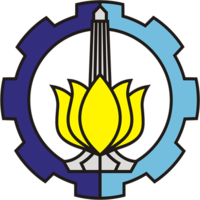Religious Populism and Public Sphere in Indonesia
Abstract
Keywords
Full Text:
PDFReferences
Anderson, B. (1991). Imagined communities : reflections on the origin and spread of nationalism. London: Verso.
Babić, M. 1. (2019). Populism and Religion in Bosnia and Herzegovina. Concilium.
Habermas, J. (1989). The Structural Transformation of the Public Sphere: An Inquiry Into a Category of Bourgeois Society. (T. Burger, Ed.) (First). Cambridge, Massachusetts: MIT Press.
Hadiz, V. R. (2019). Populisme Islam di Indonesia dan Timur Tengah (Edisi Pert). Jakarta: LP3ES.
Hardiman, F. B. (2017). Kebangkitan Populisme Kanan dalam Negara Hukum Demokratis. Prisma: Jurnal Pemikiran Sosial Ekonomi, 36(2), 3–9.
Lim, M. (2017). Freedom to hate: social media, algorithmic enclaves, and the rise of tribal nationalism in Indonesia. Critical Asian Studies, 49(3), 411–427. https://doi.org/10.1080/14672715.2017.1341188
Mudde, C., & Rovira Kaltwasser, C. (2017). Populism : a very short introduction (First Edit). Hants: Oxford University Press.
Muller, J.-W. (2016). What is populism? Philadelphia: University of Pennsylvania Press.
Ricoeur, P. (1987). The Fragility of Political Language. Philosophy Today, 31, 35–44.
Wijanarko, R. (2000). Mengkritisi Penggunaan Bahasa Agama dalam Wacana dan Kehidupan Politik. Seri Filsafat Teologi Widya Sasana, 101–110.
DOI: http://dx.doi.org/10.12962%2Fj24433527.v0i0.8547
Refbacks
- There are currently no refbacks.
This work is licensed under a Creative Commons Attribution 4.0 International License.






